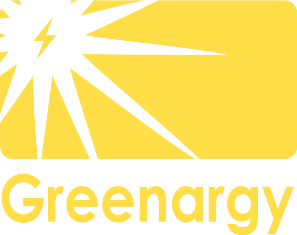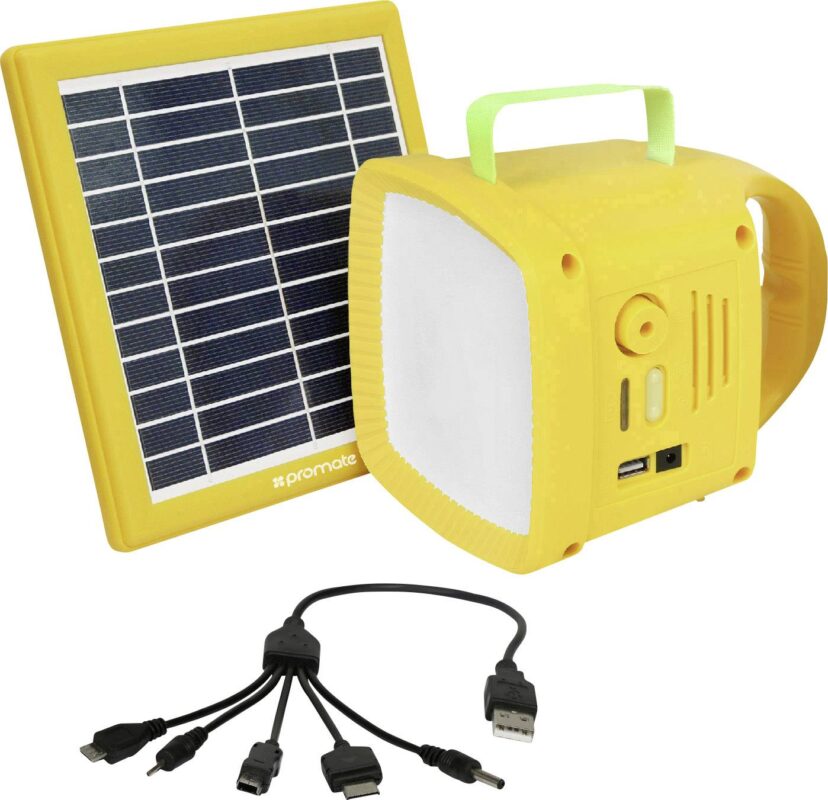Clean Affordable Energy
Barriers to the Use of Solar Lamps in Rural Communities
Barriers to the Use of Solar Lamps in Rural Communities in Cameroon: High Cost
Barriers to the Use of Solar Lamps in Rural Communities in Cameroon: High Cost: The use of solar lamps in rural communities in Cameroon faces several challenges, with high cost being a significant barrier. In this essay, we will discuss the high cost of solar lamps, its impact on rural communities, and the potential solutions to address this issue.
High Cost of Solar Lamps
Solar lamps are often more expensive than traditional kerosene lamps or other energy sources available in rural communities. The initial investment required to purchase a solar lamp can be a financial burden for many people living in rural areas. Additionally, the cost of maintenance and replacement of solar panels and batteries can also contribute to the overall cost of using solar lamps.
- Inadequate Infrastructure: Rural communities in Cameroon often lack the necessary infrastructure, such as reliable distribution networks and charging stations, to support the widespread use of solar lamps and solar power supply systems. This makes it difficult for households to access these technologies and maintain them properly.
- Limited Awareness and Knowledge: Many rural communities in Cameroon are not well-informed about the benefits and applications of solar lamps and solar power supply systems. This lack of awareness and knowledge can act as a barrier to the adoption of these clean energy technologies.
- Socio-Cultural Factors: Traditional cultural practices and beliefs can sometimes act as a barrier to the adoption of solar lamps and solar power supply systems. For example, some communities may not be willing to adopt new technologies if they perceive them as a threat to their traditional way of life.
Impact on Rural Communities
The high cost of solar lamps has several negative impacts on rural communities in Cameroon. First, it limits access to clean and renewable energy sources, which are essential for improving living conditions and promoting sustainable development. Second, the high cost may discourage people from adopting solar lamps, leading to a reliance on less efficient and more polluting energy sources like kerosene lamps. Finally, the high cost can exacerbate existing inequalities between urban and rural populations, as those living in urban areas may have better access to affordable solar lamps and other modern energy solutions.
Potential Solutions
To address the high cost of solar lamps and promote their adoption in rural communities in Cameroon, several solutions can be considered:
- Government Subsidies: The government can provide subsidies to make solar lamps more affordable for rural communities. This can be achieved by offering financial assistance, tax incentives, or rebates on the purchase of solar lamps.
- Microfinance and Credit Programs: Rural communities can be supported through microfinance and credit programs, which provide access to small loans for the purchase of solar lamps. These loans can be repaid over time, making solar lamps more accessible to those with limited financial resources.
- Community-Based Initiatives: Local organizations and community leaders can work together to establish community-based initiatives for the distribution and maintenance of solar lamps. This can help reduce the overall cost of solar lamps and ensure that they are properly maintained, extending their lifespan and maximizing their impact on rural communities.
- Innovation and Technological Advancements: The development of more affordable and efficient solar lamp technologies can help reduce the high cost of solar lamps. This can be achieved through research and development efforts, as well as by promoting competition among manufacturers to drive down prices.
Potential Benefits of Clean Energy
- Improved Access to Energy: The adoption of solar lamps and solar power supply systems can provide rural communities with reliable access to clean and affordable energy, which can help improve their quality of life.
- Economic Benefits: Clean energy technologies can create job opportunities in the manufacturing, installation, and maintenance sectors. Additionally, the use of solar power can lead to cost savings for households and businesses, as they no longer need to rely on expensive and polluting energy sources.
- Environmental Benefits: The transition to clean energy can help reduce greenhouse gas emissions and mitigate the impacts of climate change. This is particularly important for rural communities in Cameroon, which are often more vulnerable to the effects of climate change, such as flooding and drought.
- Enhanced Resilience: Solar power systems can provide a more reliable and resilient energy source during natural disasters and power outages, helping to ensure the continued functioning of essential services such as healthcare and education.


